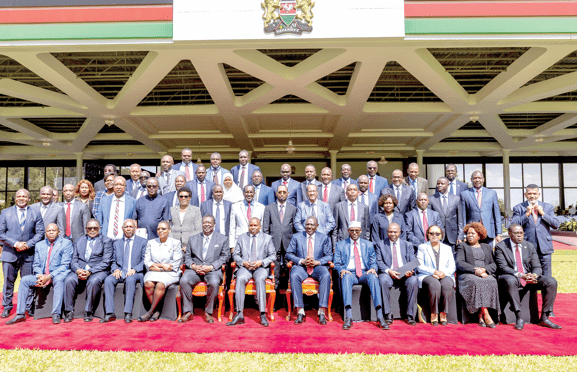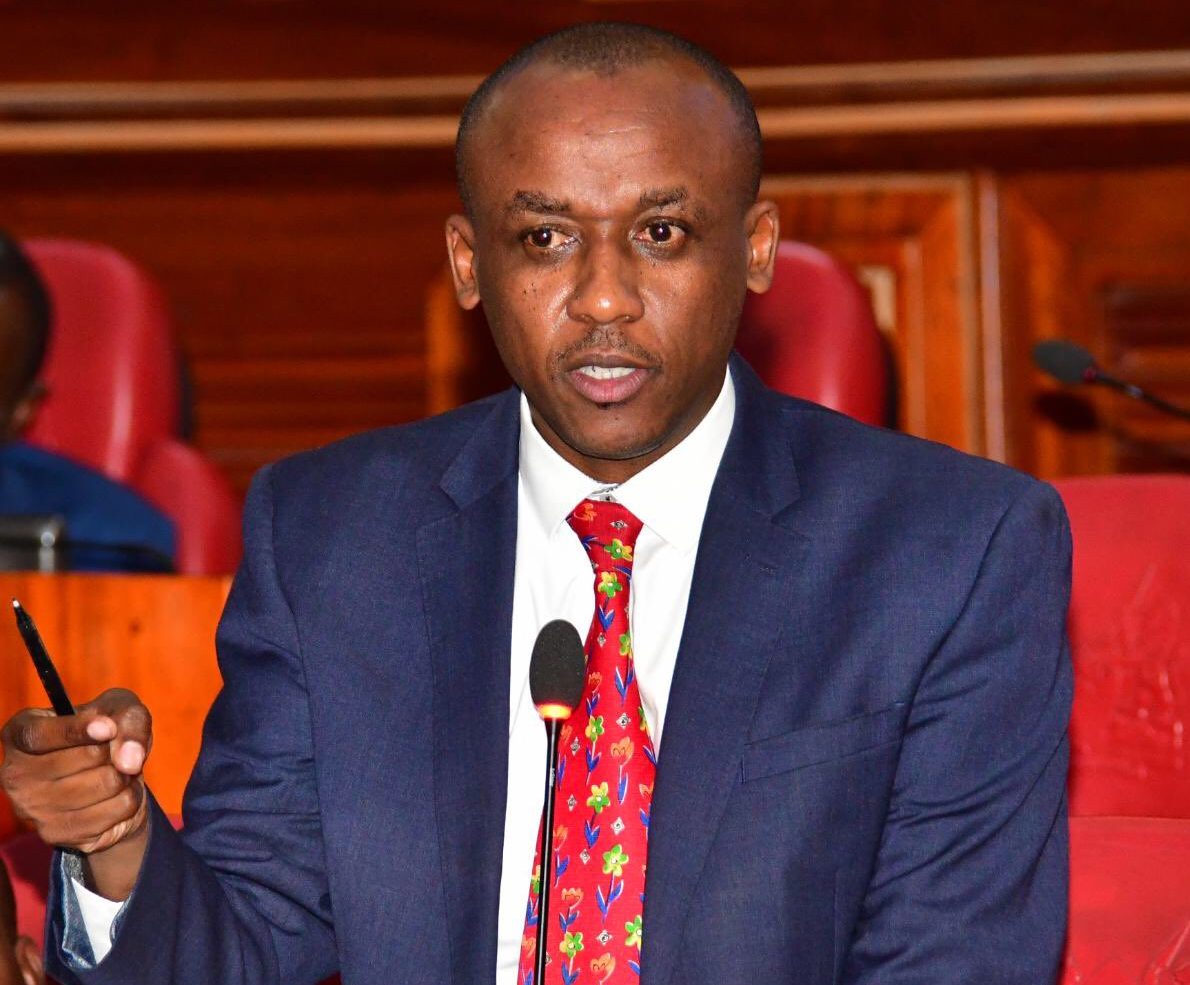What officials can do to bring real relief for Kenyans

As the new year begins, President William Ruto and his team have a critical opportunity to reshape Kenya’s economic future, leveraging the challenges faced this year to steer the country to better tidings.
The country faces significant challenges: a suffocating cost of living, rampant youth unemployment, and industries on the brink of collapse. Kenyans are desperate for solutions that deliver real relief and inspire confidence in a brighter future. To succeed, the President and his team must act decisively, crafting bold policies that prioritise affordability, inclusivity, and sustainable growth.
The high cost of living is strangling millions of households as families struggle to afford basic commodities as soaring prices make survival a daily struggle. Excessive taxation has only worsened the crisis.
Reducing taxes on essential goods isn’t just a temporary fix — it’s an economic necessity. By slashing taxes and introducing targeted subsidies for staple items, the government can ease household pressures and boost economic activity by increasing consumer demand. Half-hearted measures won’t suffice; bold tax reforms are essential.
Corruption remains the single greatest impediment to Kenya’s progress as billions of shillings are siphoned off annually, robbing the nation of resources that could transform healthcare, education, and infrastructure. President Ruto must take a firm stand. Strengthening oversight institutions, empowering the Judiciary, and holding corrupt individuals accountable are non-negotiable. Fighting corruption isn’t just a moral obligation — it’s an economic one. Every shilling saved from graft can be redirected to critical sectors that improve lives and drive growth.
Agriculture, the backbone of Kenya’s economy, is in dire straits. This sector feeds the nation and employs the majority of the population, yet it remains grossly underfunded and vulnerable to climate shocks. The government must prioritise climate-resilient farming practices, including water harvesting, irrigation, and drought-resistant crops. Additionally, providing farmers with affordable access to seeds, fertilisers, and reliable markets will boost productivity, enhance food security, and create wealth for rural communities. Kenya’s farms shouldn’t just survive — they should thrive.
Unemployment among the youth, who form the majority of the population, remains alarmingly high. For years, this demographic has been fed promises, yet meaningful job opportunities remain scarce. Breaking this cycle of disillusionment requires action. Expanding affordable credit to small and medium enterprises (SMEs) — the primary engines of job creation — is crucial. However, these businesses are often stifled by a lack of capital and support. The government must step in to ensure SMEs can grow and absorb the growing labour force.
The manufacturing sector, once a cornerstone of Kenya’s economy, has been hollowed out by years of neglect. High energy costs, bureaucratic inefficiencies, and competition from cheap imports have crippled local manufacturers, leading to shuttered factories and lost jobs. To revive this sector, the government must lower the cost of doing business, offer tax incentives, and streamline regulations. Value addition is another key area of focus. For example, instead of exporting raw coffee or tea, Kenya can process and package these products locally, creating jobs and capturing more revenue. Agriculture and manufacturing must work together to unlock the country’s economic potential.
The affordable housing agenda, while controversial, holds significant promise. With proper planning and genuine community involvement, it can transform lives and stimulate economic activity. However, trust is critical. Decades of corruption and opacity in public projects have made Kenyans sceptical. For this initiative to succeed, it must be transparent, inclusive, and corruption-free. Delivering homes that ordinary Kenyans can afford will rebuild public trust and prove the government’s ability to deliver meaningful change.
The nation’s debt crisis is another ticking time bomb. Debt servicing currently consumes a significant portion of government revenue, leaving little room for development. Reckless borrowing is no longer an option. The government must adopt fiscal discipline by renegotiating unfavourable loans, cutting unnecessary spending, and enhancing revenue collection. Leveraging technology to improve tax compliance and broaden the tax base can help raise funds without overburdening citizens with excessive taxes.
Reviving Kenya’s economic pulse requires more than policy adjustments — it demands bold leadership that puts people first.
— The writer is People Daily’s Business Editor












